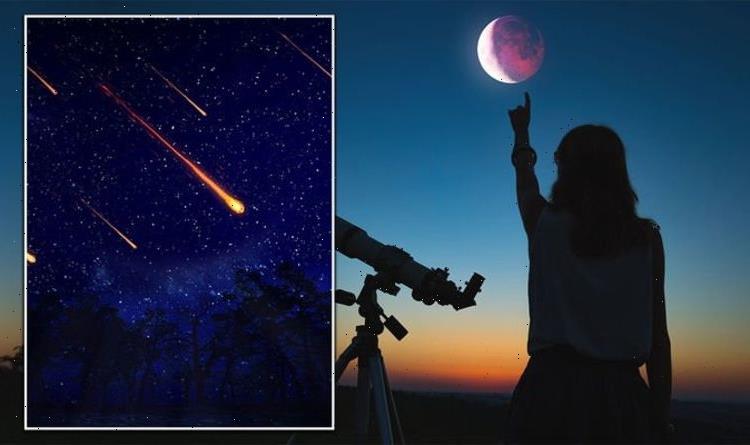FREEZING fog creates more severe weather conditions than regular fogs.
Central Pennsylvania is currently experiencing freezing fog.
What is freezing fog?
Freezing fog occurs when the air temperature drops below freezing until water droplets in the fog get supercooled.
These supercooled water droplets usually stay in a liquid state until they come into contact with any form of surface they can freeze on.
Examples of such surfaces include sidewalks, tree branches, rails, and roads.
Most read in US News
DECISION TIME Ghislaine Maxwell trial jury set to enter FOURTH day of deliberations
Nostradamus’ 7 chilling 2022 predictions: From war in Europe to death of Kim
No survivors after plane 'hit power line' and crashed on California street
Brit estate agent shot dead after 'evicted tenant mistook her for landlady'
What is the difference between freezing fog and regular fog?
While freezing fog occurs when the air temperature drops below freezing until water droplets in the fog get supercooled, regular fog occurs when cool air forms over a warm and moist surface such as damp soil.
Furthermore, another clear distinction between these two types of fog is that the droplets from a freezing fog turn into ice droplets when they come into contact with a hard surface, whereas the droplets in a regular fog do not turn into ice when they come into contact with a hard surface.
Due to the ice droplets formed by freezing fog, the ground gets more slippery than when a regular fog occurs.
Thus, it is more dangerous to drive during freezing fog than in regular fog weather.
Is central Pennsylvania experiencing freezing fog?
As reported by WGAL News on December 28, 2021, Pennsylvania is currently experiencing freezing fog.
Indeed, a WGAL meteorologist stated: "The sky cleared after last night's rain, and fog has developed. In some areas, temperatures are at or below freezing. Watch out for patches of black ice! Fog can also freeze on the roads, causing slick conditions. Please use extra care on bridges and overpasses."
Meteorologists expect temperatures to rise, making conditions in the area better.
We pay for your stories!
Do you have a story for The US Sun team?
Email us at [email protected] or call 212 416 4552.
Like us on Facebook at www.facebook.com/TheSunUS and follow us from our main Twitter account at @TheSunUS
Source: Read Full Article







